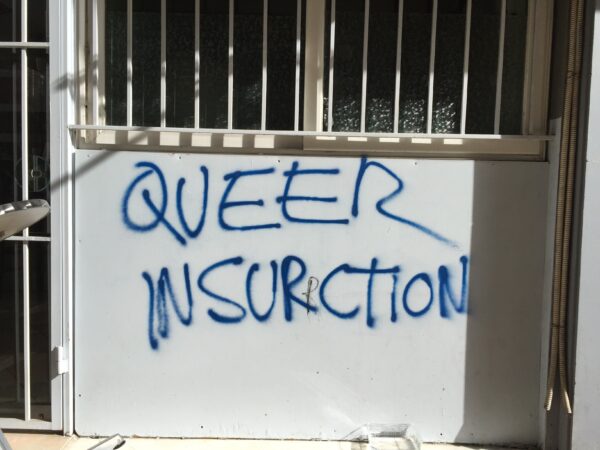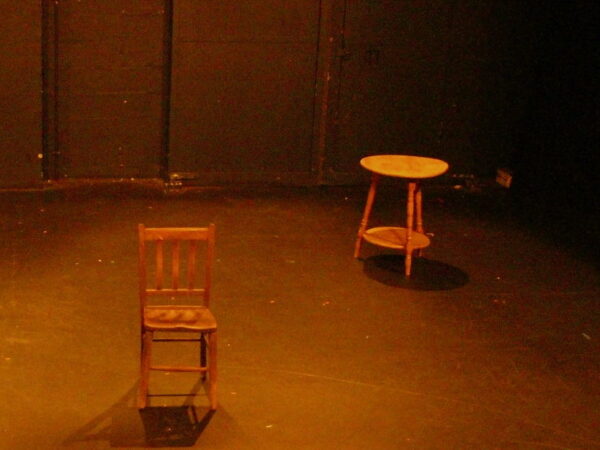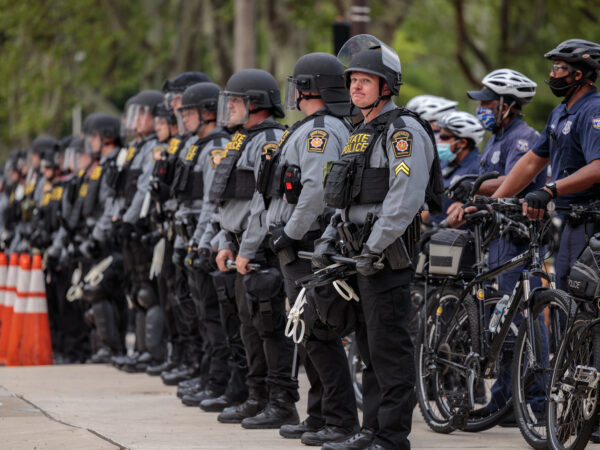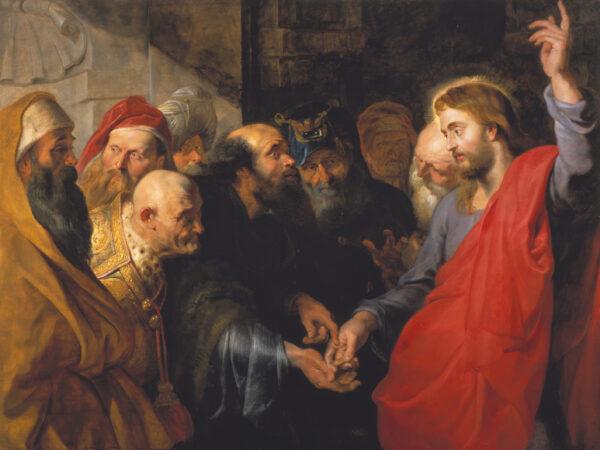
The triangulation of money, sovereignty, and divinity is a good point of entry to study the mutual constitution of theological and political concepts and the questions about ultimate value and social form that they raise.
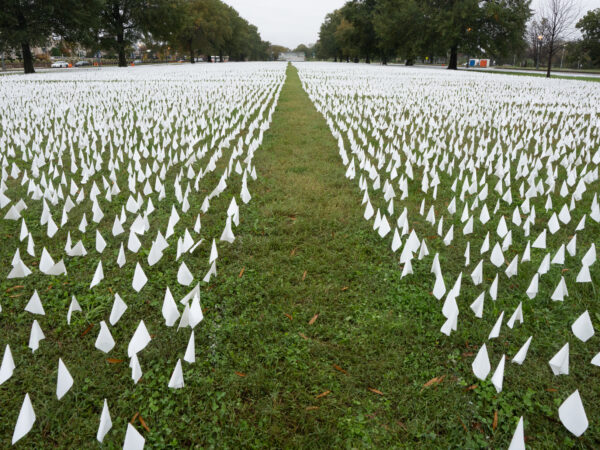
If theorizations of care are to more directly address the current “crisis of care,” we need not only to prioritize the kinds of embodied, particularized care that care ethics has highlighted in the past, but to explore a wider range of caring relationships and their diverse structures.
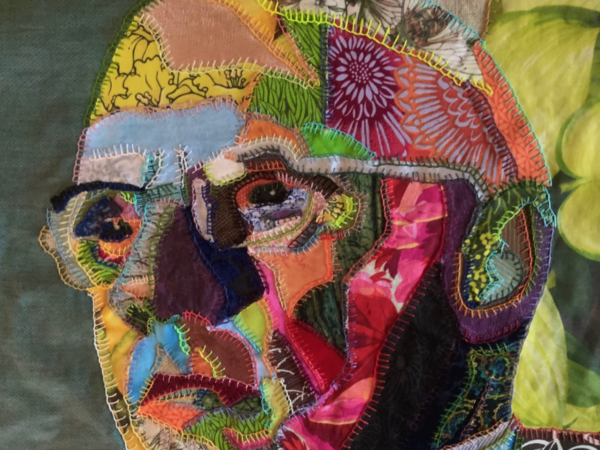
For political theology, we might find ourselves compelled by practices that seek to connect us with our ecologies, our communities, and our relations with ourselves – in ways that are more about humility and provisionality than finding cures or solutions.
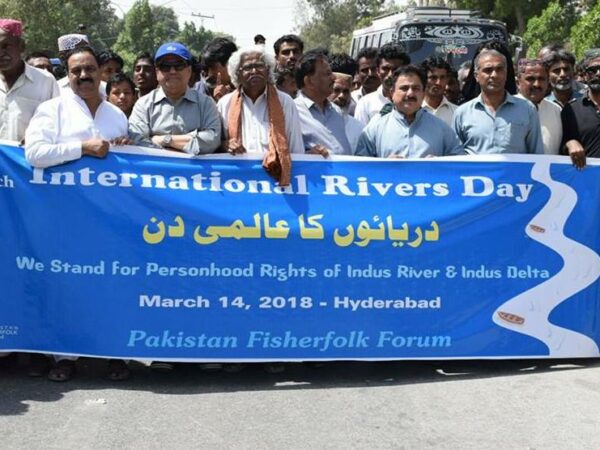
The conversation about nature’s personhood and rights is always political, often legal, and sometimes theological. Most importantly, it is a localized conversation about the boundaries of a given community – who is part of the community and who isn’t.
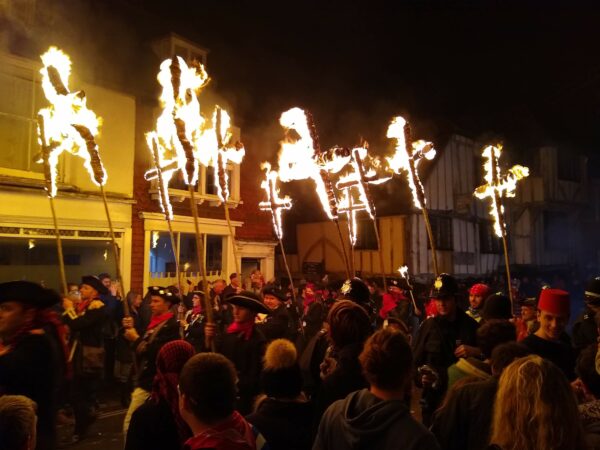
The modern state form itself is inextricable from the commandement, not just as an emblem for sovereignty in Schmitt’s sense, but also because the exemplary political form of modernity, the nation-state, has racist and exclusionary tendencies that can be understood as political-theological transfers of monotheistic principles.
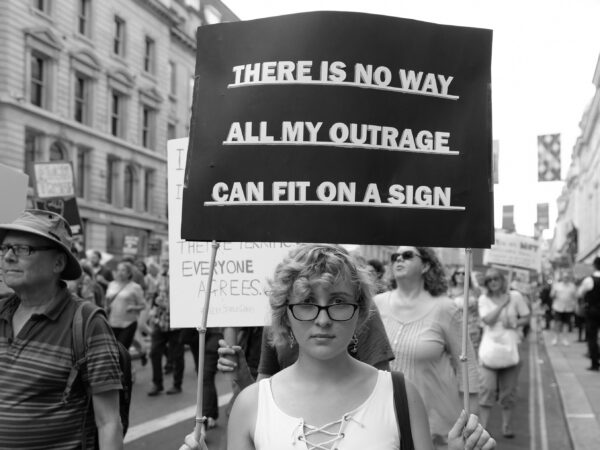
What is still nascent… is an explicit conversation between political theology and critical theories of affect, particularly in a way that might contribute to constructive projects. The sort of political theology that might emerge from such collaboration would consider how affective regimes intersect with theological constructions or religious performances.

